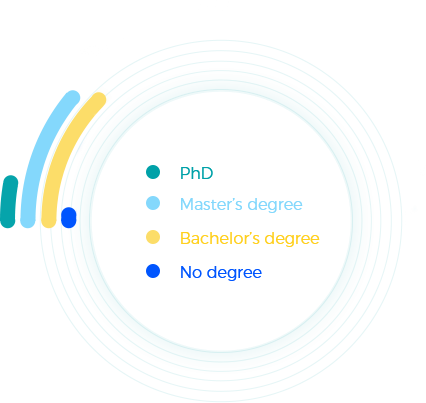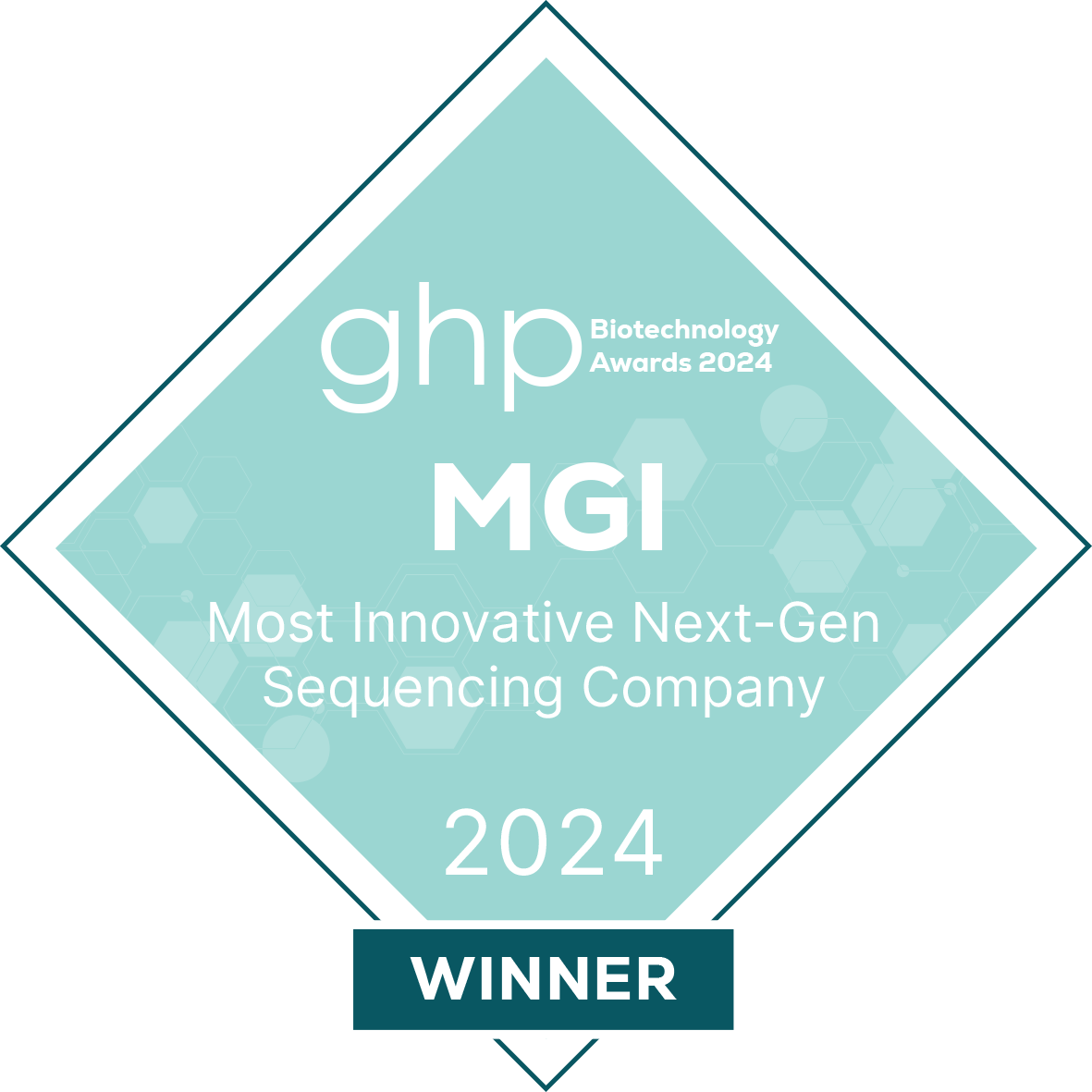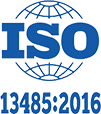MGI FACTS
Learn more about who MGI is, the people behind MGI, and everything else you would like to know about MGI.
Founded in 2016, MGI is an independent, privately-held company that produces life science tools including clinical gene sequencers, medical imaging, and laboratory automation. Our products are widely used in precision medicine, precision agriculture, precision healthcare and other relevant applications.
(Statics as of December 30, 2023)















































If passed, the BIOSECURE Act would further concentrate an already-concentrated sequencer market, leading to fewer choices and higher prices for labs with already tight budgets, as well as less innovation in the market. It could also disrupt ongoing research into devastating diseases such as cancer and Alzheimer’s, which could delay future breakthrough treatments and cures and give China and other countries a competitive advantage in genomic research.
Restricting MGI and Complete Genomics in the U.S. market is unwarranted and will have harmful impacts on U.S. researchers and laboratories, as well as patients and American citizens who can benefit from breakthrough research.
It targets specific companies not the broader, vast market where personal genetic data of Americans is researched, stored, studied, and even sold. A law setting uniform privacy standards that apply to all companies would do a far better job of protecting personal DNA data.
The already concentrated U.S. market for sequencers will become even more of a monopoly for Illumina – which already has roughly 80% of the genomics market. Monopoly levels of concentration drive up prices for customers, decrease customer choice, raise the barriers to entry for competitors and chill innovation, which is the major driver of this industry and its technologies.
Customers who are forced to rely on sequencers from competitors will face higher costs per gigabyte of data – sometimes twice as much – which will adversely affect U.S. genomic research, making it more expensive, reducing its volume and/or slowing it down – giving China and other countries a competitive advantage in genomic research.
Other provisions of the BIOSECURE Act will slow down clinical trial research and require pharmaceutical manufacturing companies to find other sources of ingredients for their medicines. This will delay testing and production of promising new medicines, many of which are already in scarce supply. A BioCentury survey released in March found that 90% of biotech leaders said they expect U.S. pipeline delays if the BIOSECURE Act passes.
Taken together, these consequences help explain why a March 2024 industry poll taken by BioCentury found that just 18% support the BIOSECURE Act and more than half either oppose the legislation or expressed concerns about its impact on U.S. research and manufacturing capacity.
This is just one step in the legislative process and it needs a long way to become law. For now, Customers can continue using – and acquiring – these products as they have previously, as there is still time to amend the bill to avoid harmful consequences to the genomic sequencing industry.
We are actively seeking additional information from relevant government officials in the U.S. and working to address this misunderstanding.
Our business in and out of the U.S. remains unchanged.
As an equipment vendor, MGI’s business does not involve any direct data collection. All data on our sequencers are collected, stored and processed by our customers. They are the only ones who own samples or genetic data, and can control, handle, access and decide where the data goes; MGI does not.
In fact, in 2023, FTI Consulting validated the security of our T7 sequencer (and a separate ZTRON server used for local storage by customers), concluding that our technology did not result in outbound, external IP communications during genomic sequencing, nor did our technology contain any concerning source code or network vulnerabilities.
In the instance of product maintenance, MGI gives priority to on-site service and accepts and welcomes customers to accompany our engineers throughout the maintenance process. If our customers have an emergency request, MGI will use TeamViewer to remotely assist them in maintaining their equipment only when under customers’ request, authorization, consent and supervision. The sole purpose will be to identify any technical issues influencing sequencer performance, and we do not keep or take away any genetic data. TeamViewer is an internationally recognized remote control software that has passed ISO 27001 and ISO 9001 Information Security Management systems, HIPAA compliance, SOC2 Compliance & Certification, and is compliant with GDPR regulations.
We do not have backdoors and will never install any in our equipment. We will not respond to any demand or request by any customer, partner or third party to install backdoors.
MGI comply with all applicable laws and regulations, including those applicable to data security and privacy, in every market in which we operate. We also take active measures to maintain strong internal data security and privacy practices. As an equipment producer, we are committed to building and providing core tools and technology only, and do not own or control samples or genetic data.
MGI is an independent business that produces and supplies core tools and technologies. We do not have any tie to the Chinese military. With regard to the Chinese government, we simply follow their local applicable laws and regulations. There is no other relationship beyond that.
Much like many global companies operating in China, MGI has participated in a few domestic initiatives in support of scientific research, which are clearly listed in our financial report. Other than that, we do not receive any funding from the Chinese government.
MGI has never contributed to any surveillance effort. As an equipment provider, we do not own or control samples or genetic data. In addition, MGI strictly comply with all applicable laws and regulations, including those applicable to data security and privacy, in every market in which we operate. With a commitment to lead life science, MGI builds core tools and technology to facilitate clinical and medical advances and improve lives.
No. Although MGI was previously subsidiary of BGI, that changed in September of 2022 when MGI became an independent, publicly traded company on the Shanghai Stock Exchange.
Today, MGI has its own management, employees and assets. Neither MGI or Complete Genomics(MGI’s 100% control subsidiary) is a subsidiary of BGI, and BGI has no direct investment in MGI or Complete Genomics. They are separate companies with its own management, employees and assets.